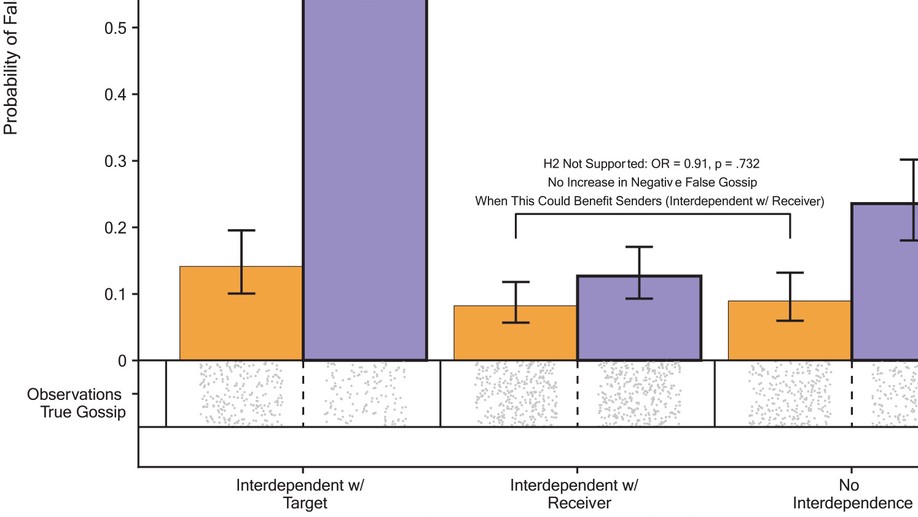
Nasty and Noble Notes: Interdependence Structures Drive Self-Serving Gossip
We found that the interdependence between the parties involved in gossip (sender, receiver, and target) shapes whether gossip is more likely trustworthy versus untrustworthy. In a scenario study and an interactive experiment, gossip was more likely false when senders were interdependent with targets.
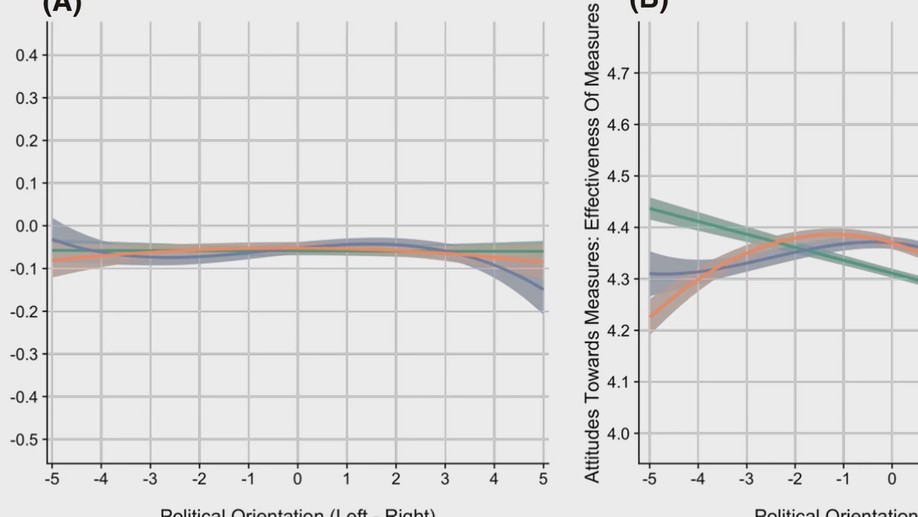
How political orientation, economic precarity, and participant demographics impact compliance with COVID-19 prevention measures in a Dutch representative sample
Our results suggest that political, demographic, and economic precarity related predictors are important in shaping measure compliance as well as attitudes and policy support and should all be considered for a comprehensive understanding of individuals’ responses to COVID-19 measures.
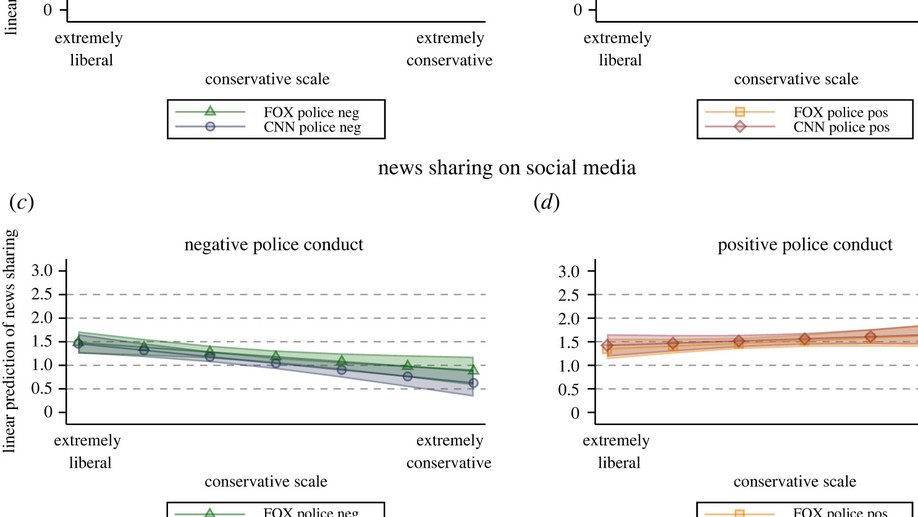
Hostile media perception affects news bias, but not news sharing intentions
Partisans perceive neutral coverage of news by outlets opposite to their political leaning as biased, even when we account for their prior beliefs regarding the media outlet and news content.
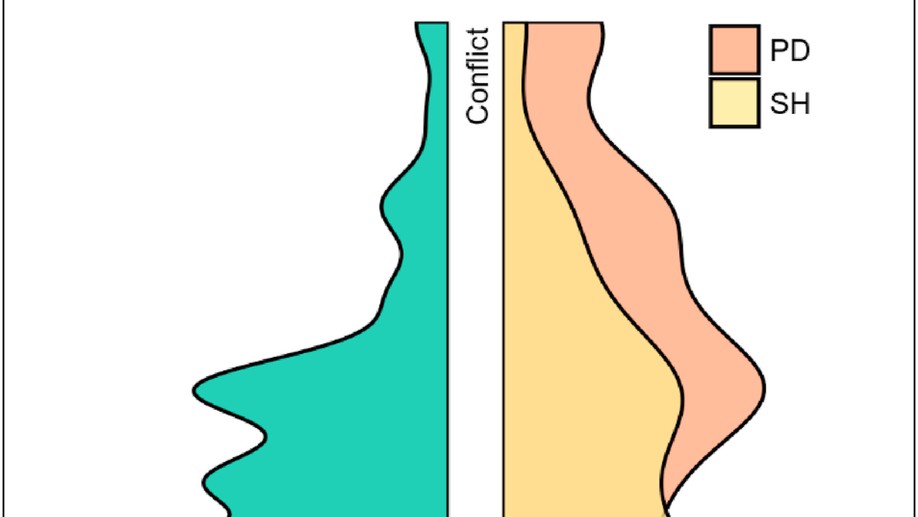
Prosocial and punishment behaviors in everyday life
Review paper outlining how research can benefit from studying prosocial and punishment behaviors in daily life using experience sampling and diary methods that document natural phenomena.
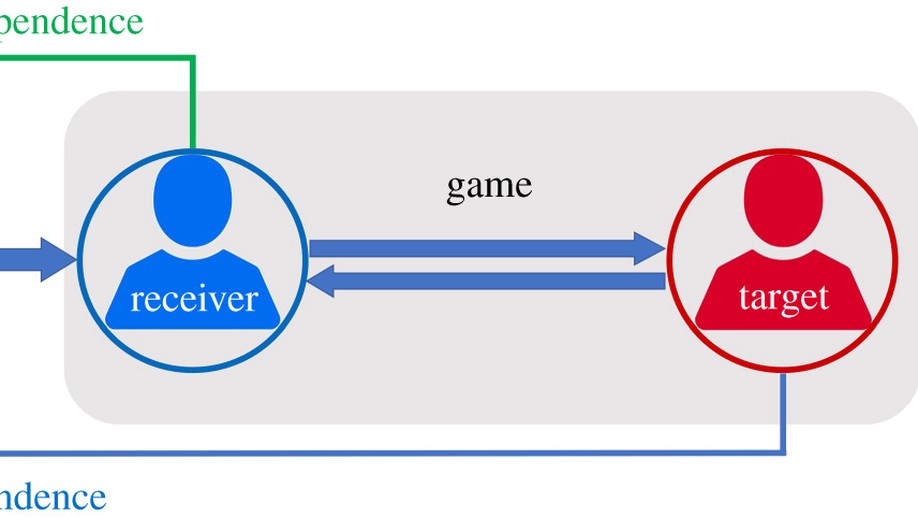
Honesty and dishonesty in gossip strategies: a fitness interdependence analysis
Theoretical paper outlining when gossiper should share honest versus dishonest information based on the interdependence structure in which gossip occurs and the marginal costs/benefits of gossip
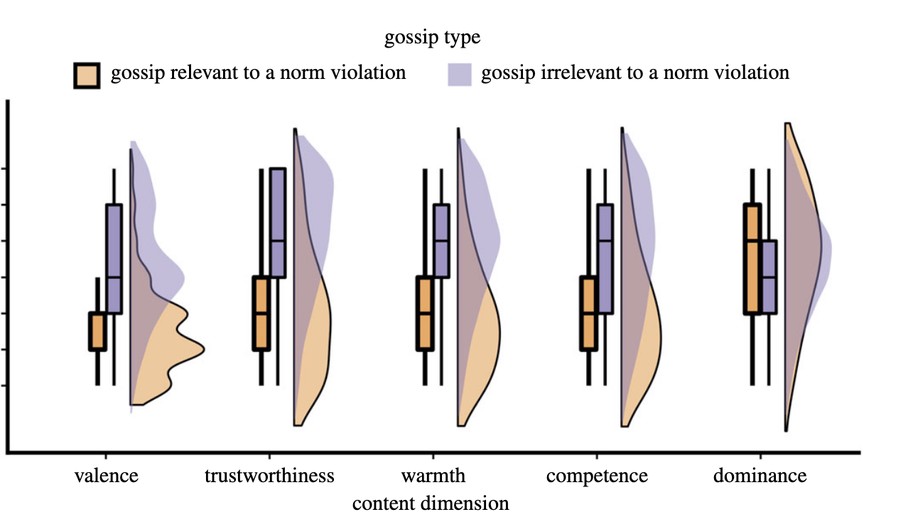
Gossip and Reputation in Everyday Life
Large experience sampling study showing people use gossip in daily life gossip efficiently impact and update reputations in a way that enables partner selection and indirect reciprocity.
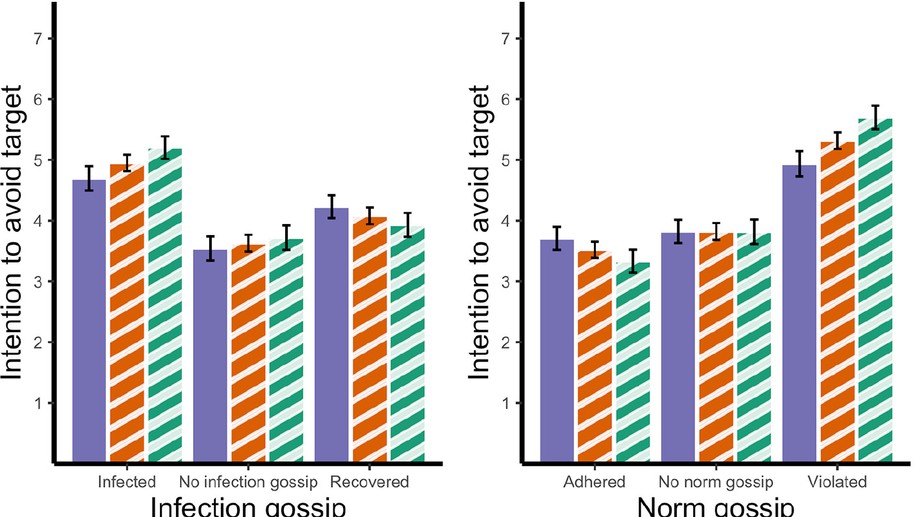
Gossip about Coronavirus: Infection status and norm adherence shape social responses
We presented participants with gossip relevant to the Coronavirus pandemic. Results showed people tended to believe gossip and that gossip influenced behavioral intentions to avoid and punish targets of gossip as well as the perception of targets. We conclude that gossip, while potentially unreliable, could affect how people treat group members.
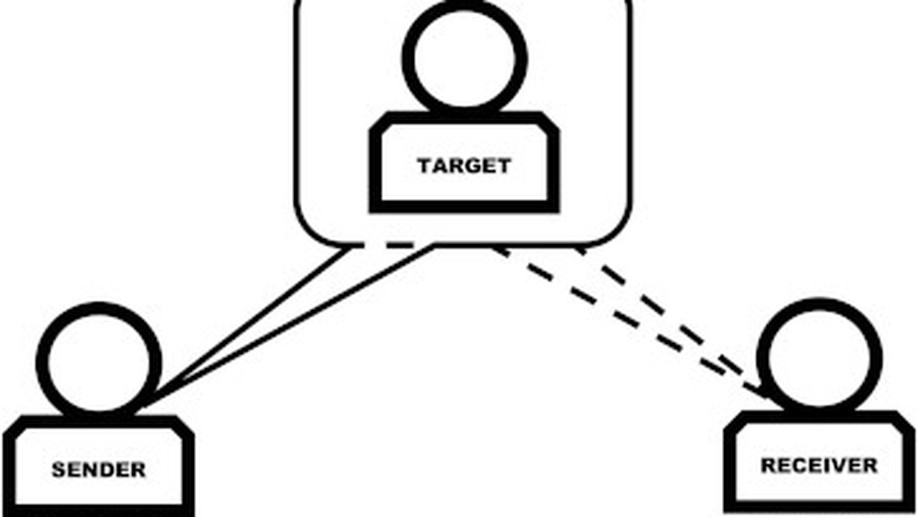
An Integrative Definition and Framework to Study Gossip
We systematically reviewed of all definition of gossip in the scientific literature. First, we define gossip as a sender communicating to a receiver about a target, who is absent or unaware of the content. Second, we propose an integrative to study gossip as varying in valence and formality.
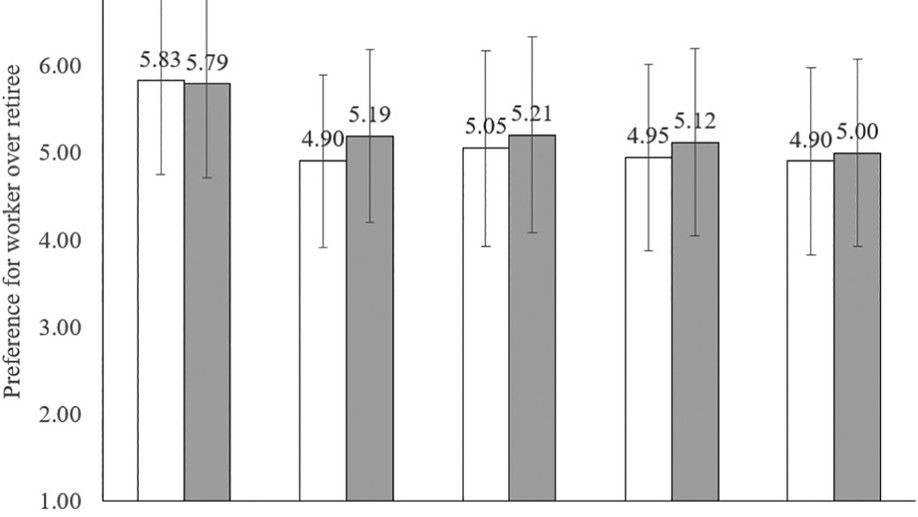
A creative destruction approach to replication: Implicit work and sex morality across cultures
Work is intuitively moralized across cultures.
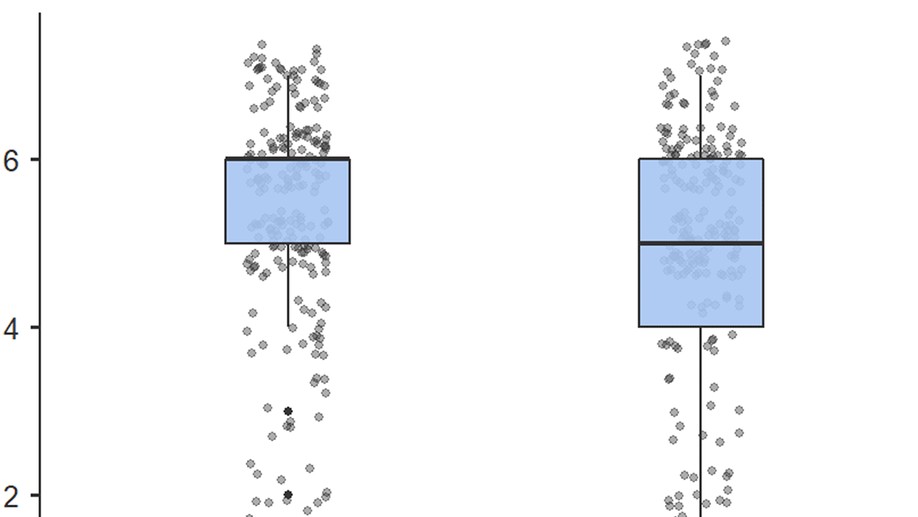
Disgust Anger, and Aggression: Further Tests of the Equivalence of Moral Emotions
Disgust (but not anger) was related to indirect aggression whereas anger (but not disgust) was related to direct aggression, and disgust was higher toward other-targeting violations whereas anger was higher toward self-targeting violations.
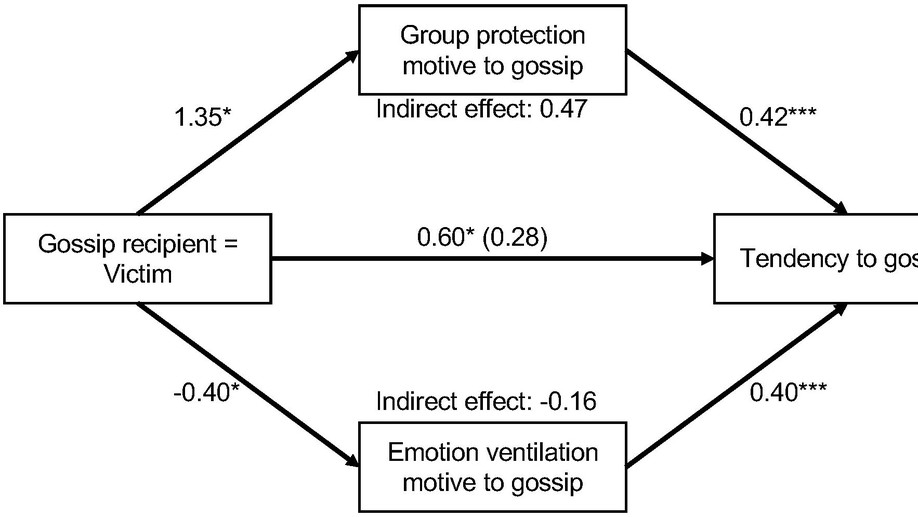
The Bright and Dark Side of Gossip for Cooperation in Groups
Two studies indicate gossip has positive and negative aspects for cooperation in groups, these aspects depend on situational factors and agent perspectives.
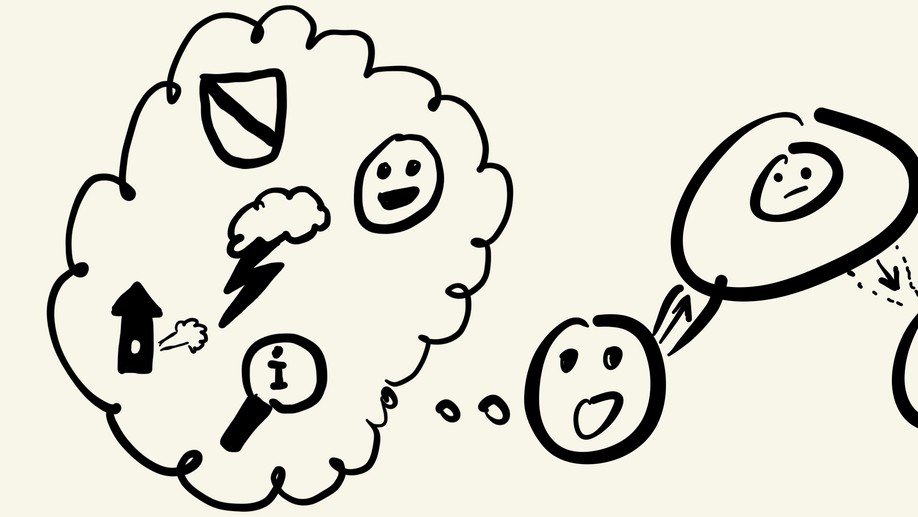
Getting a Grip on the Grapevine: Extension and Factor Structure of the Motives to Gossip Questionnaire
The Motives to Gossip Questionnaire was extended with an emotion venting scale. The five factor structure was supported and fully invariant across gossip definitions.
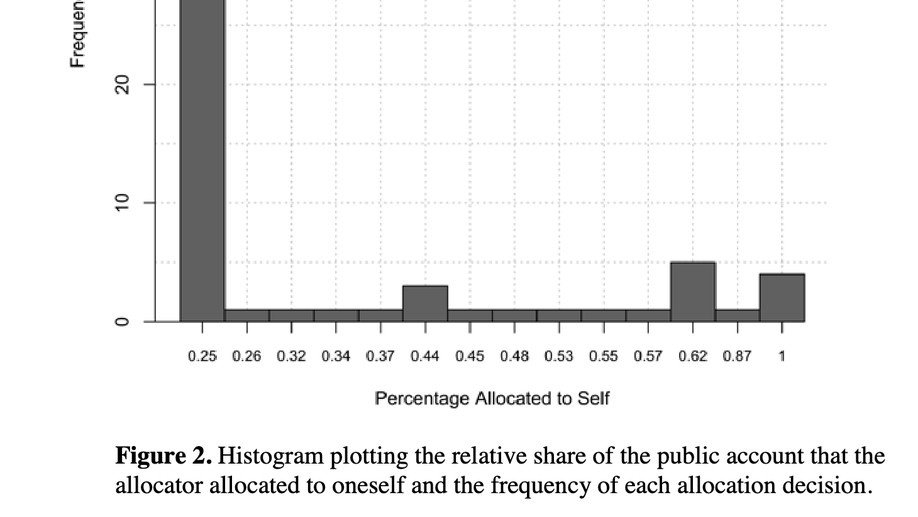
The Look Over Your Shoulder: Unethical Behaviour Decreases in the Physical Presence of Observers
The presence of an observing others curbs unethical behavior, while mere presence of an (unobserving other does not. The influence of an observing other is not qualified by payoff structure or social proximity.